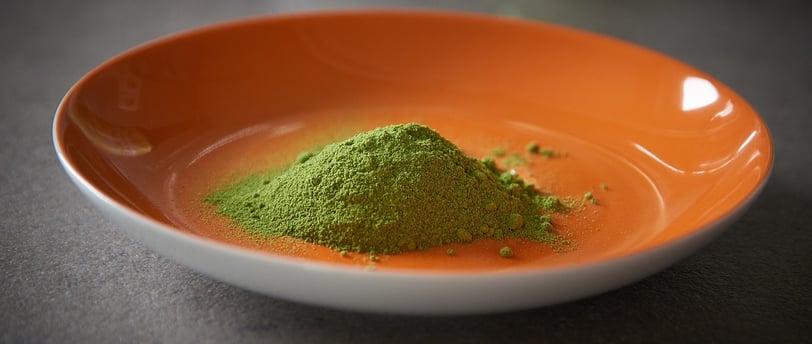Harnessing the Power of Moringa for Newborn Development: A Parent's Guide
6/2/20242 min read


Introduction:
Welcoming a newborn into the world is an exhilarating experience for any parent. From ensuring their health and well-being to fostering their growth and development, every aspect of a newborn's care demands careful attention. In this journey, exploring natural remedies and supplements that can aid in their growth becomes crucial. One such powerhouse of nutrients is the humble moringa, also known as drumstick. Let's delve into the benefits of moringa for newborn babies and how it can contribute to their overall development.
Understanding Moringa:
Moringa oleifera, commonly referred to as moringa or drumstick, is a versatile plant native to parts of Africa and Asia. Its leaves, seeds, and fruits are packed with an array of essential nutrients, making it a staple in traditional medicine and culinary practices.
Nutritional Composition:
Moringa is renowned for its rich nutritional profile, which includes vitamins, minerals, and antioxidants vital for growth and development. Some key nutrients found in moringa include:
1. Vitamin A: Essential for vision and immune function.
2. Vitamin C: A powerful antioxidant that boosts immunity and aids in tissue repair.
3. Calcium: Crucial for bone development and overall skeletal health.
4. Iron: Necessary for the production of hemoglobin, which carries oxygen in the blood.
5. Protein: Building blocks for growth and development.
6. Potassium: Important for maintaining electrolyte balance and proper muscle function.
7. Omega-3 fatty acids: Supports brain development and cognitive function.
Benefits for Newborn Babies:
1. Boosts Immunity: The potent antioxidants and vitamins present in moringa help strengthen the immune system, protecting newborns from infections and illnesses.
2. Supports Brain Development: The omega-3 fatty acids in moringa aid in the development of the nervous system and cognitive function, promoting healthy brain development in newborns.
3. Enhances Growth: Moringa is rich in protein, calcium, and other essential nutrients necessary for healthy growth and development in newborns.
4. Improves Digestion: The fiber content in moringa supports healthy digestion and may alleviate common digestive issues in newborns such as constipation.
5. Provides Nutritional Support: Moringa serves as a natural source of vitamins and minerals, ensuring that newborns receive adequate nutrition for their overall health and well-being.
6. Anti-inflammatory Properties: Moringa possesses anti-inflammatory properties that may help alleviate discomfort caused by common ailments such as colic or teething in newborns.
Incorporating Moringa into Your Baby's Diet:
There are several ways to incorporate moringa into your baby's diet, depending on their age and preferences:
1. Moringa Powder: Moringa powder can be added to homemade baby food, smoothies, or mixed with breast milk or formula.
2. Moringa Tea: Moringa tea can be introduced to older infants as a hydrating and nutritious beverage.
3. Moringa Oil: Moringa oil can be used topically to moisturize the skin or as a massage oil for babies, providing nourishment and promoting healthy skin.
Precautions and Considerations:
While moringa offers numerous benefits for newborns, it's essential to exercise caution and consult with a pediatrician before introducing it into your baby's diet, especially if your baby has any underlying health conditions or allergies. Additionally, it's important to source high-quality moringa products from reputable sources to ensure purity and safety.
Conclusion:
Incorporating moringa into your baby's diet can be a natural and effective way to support their growth and development. With its abundance of essential nutrients and health-promoting properties, moringa stands as a valuable ally in nurturing the health and well-being of newborns. Look for products from reputable sources like certified organic suppliers to ensure the quality and safety of moringa supplements for your little one. However, it's crucial to approach its use with care and seek guidance from healthcare professionals to ensure the best outcomes for your baby.
